Rules & Tips for Visitors on How to Hold Newborn Baby?

Newborns are incredibly delicate, and parents often wonder when is the right time to allow visitors to hold their baby. Ideally, waiting until the child is about two months old is best, as this gives them time to build a stronger immune system. However, it’s not always easy to keep visitors away for that long, and many parents don’t want to feel isolated during those early months. Visitors holding newborns can raise concerns, so it’s essential to set clear boundaries for what is allowed when visitors are around your baby. Having these rules for visitors after baby is born in place will help ensure your baby’s safety and keep everyone at ease during visits.
Things to Keep in Mind Before Letting Visitors Hold the Baby
Here are a few things that every parent should keep in mind before allowing visitors to hold the baby:
- If someone wants to hold your baby, make sure that he or she washes their hands well before doing so. Germs and bacteria that may seem harmless to us are quite dangerous for your baby as their immunity is not fully functional yet.
- Smokers should not hold the baby for at least half an hour after smoking. Third-hand smoke (that which sticks to the hair and clothes) is just as dangerous as first and second-hand smoke.
- Sick people should not hold your baby. This should go without saying, but it can be fatal to your child to be around anyone who is sick. There should be no coughing or sneezing allowed near your child, let alone by the one doing the holding.
- Do not let others kiss your newborn as people can carry bacteria or virus in their throats even without showing symptoms.
- As you do not yet know if your baby has allergies or sensitivities, ask the visitors not to wear strong cologne or perfumes if they want to hold the baby.
- If your baby starts to cry, ask to have him or her back as she needs you. She may need to be changed or fed, or simply needs your comfort after being handled by people she doesn’t know.
- If possible, do not allow others to handle your baby for too long as your little one may become over-stimulated, and they will need their rest.
How to Politely Tell Visitors to Keep Their Hands Off Your Baby
A few ideas to help you do so without being offensive towards anybody.
1. Post on Social Media
Today, social media is everything. Make a polite post on either Facebook or Instagram letting people know the few guidelines you would like them to follow when they visit you.
2. Wear Your Baby
Yes, you read right; wear your baby. There are many new sling carriers for newborns that keep them close to you and make it nearly impossible, and also downright rude, for others to try sticking their hands into to touch your baby. This may just be the best way to keep all hands off the baby.
3. Stick a List
Whether it is in the room, the hospital door, or even your home, make sure to post a list of do’s and don’t for visitors to follow when visiting your baby.
Important Rules for Visiting Newborns
Visiting a newborn is an exciting moment for family and friends, but it’s important to remember that newborns are incredibly fragile and need special care. To ensure the baby’s health and the parents’ comfort, certain rules should be followed during visits. Below are some important guidelines for visiting newborns.
In Hospital
When visiting a newborn in the hospital, it’s essential to follow certain rules to protect their health and well-being. The following rules for visiting a newborn in hospital help ensure a safe environment for the baby and give the parents peace of mind.
- Newborns are sensitive to overstimulation. Keeping the number of visitors to a minimum can help prevent the baby from getting overwhelmed and reduce exposure to germs.
- Allow the parents and baby time to bond and rest by keeping visits short. Prolonged visits may stress the baby or interfere with feeding and rest.
- Large or bulky gifts may clutter the hospital space. It’s better to send gifts home or deliver them after the baby and parents are settled.
- In high-risk seasons, such as flu or cold outbreaks, wearing a mask during visits can add an extra layer of protection for the baby.
- Be mindful of the newborn’s feeding times. Parents may need privacy or the baby may need quiet time for breastfeeding or bottle-feeding.
At Home
Visiting a newborn at home requires careful consideration to maintain a healthy environment. The following tips ensure the visit is comfortable for both the baby and the new parents.
- Always check with the parents before visiting to ensure it is a good time. Newborn care can be exhausting, and parents may need rest.
- If you bring items such as blankets, toys, or clothes, ensure they are clean and have not been exposed to smoke or pet dander.
- Even if you feel well, recent exposure to illness from others can pose a risk to the newborn.
- Young children may not fully understand the need for caution around a newborn and can be carriers of germs from school or daycare.
FAQs
1. Can visitors hold my newborn if they’ve recently traveled?
It’s advisable to be cautious about allowing visitors who have recently traveled, especially by air or to crowded places, to hold your newborn. Travel increases exposure to various germs and viruses, so it’s best to wait a few days to ensure they are symptom-free before allowing them to handle the baby.
2. Can I ask visitors to avoid using hand sanitizers before holding my baby?
While handwashing with soap and water is ideal, some parents may prefer visitors avoid using alcohol-based hand sanitizers due to potential skin sensitivity in newborns. It’s perfectly acceptable to request handwashing instead, to ensure your baby’s comfort and safety.
It is very important to tell visitors that there are rules for visiting our newborn. Visiting boundaries is a rather sensitive topic as no new parent wants to offend the people who want to be a part of the celebration of the birth of their precious child. However, newborns do not have a very developed immune system, so it is wise for parents to be careful of how many people touch their little ones.
References/Resources:
1. Cold sores; NHS; https://www.nhs.uk/conditions/cold-sores/
2. New Parents and Newborns: Are Visitors OK?; Johns Hopkins Medicine; https://www.hopkinsmedicine.org/health/wellness-and-prevention/new-parents-and-newborns-are-visitors-ok
3. Is Your Newborn Baby’s Immune System Strong Enough?; Cleveland Clinic; https://health.clevelandclinic.org/is-your-newborn-babys-immune-system-strong-enough
4. Passive smoking; NHS; https://www.nhs.uk/live-well/quit-smoking/passive-smoking-protect-your-family-and-friends/
5. Coping with visitors after your baby’s birth; HSE; https://www2.hse.ie/pregnancy-birth/preparing-for-a-new-baby/dealing-with-visitors/
6. When To Let People Visit Your Newborn; Penn Medicine Lancaster General Health; https://www.lancastergeneralhealth.org/health-hub-home/motherhood/the-first-year/when-to-let-people-visit-your-newborn
7. Simon. A, Hollander. G, McMichael. A; Evolution of the immune system in humans from infancy to old age (Proceedings of the Royal Society B: Biological Sciences); National Library of Medicine; https://www.ncbi.nlm.nih.gov/pmc/articles/PMC4707740/; December 2015
Also Read:
How to Hold an Infant Properly
Common Newborn Baby Care Myths Busted
How to Protect Your Baby While Keeping Them Happy
Wonderful Ways To Keep Your Baby Safe and Protected
Was This Article Helpful?
Parenting is a huge responsibility, for you as a caregiver, but also for us as a parenting content platform. We understand that and take our responsibility of creating credible content seriously. FirstCry Parenting articles are written and published only after extensive research using factually sound references to deliver quality content that is accurate, validated by experts, and completely reliable. To understand how we go about creating content that is credible, read our editorial policy here.







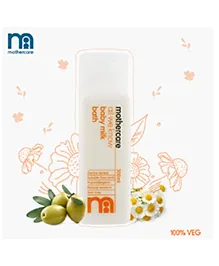
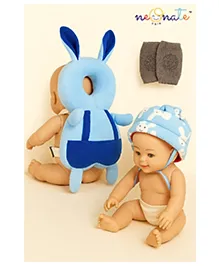
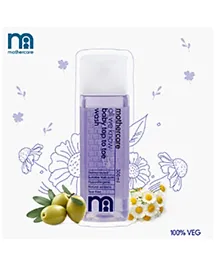
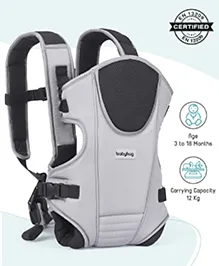
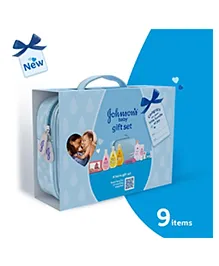

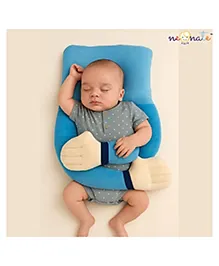

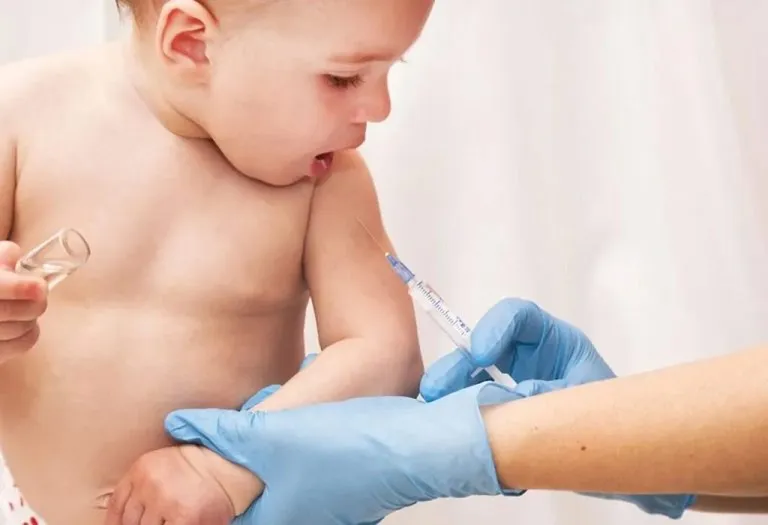
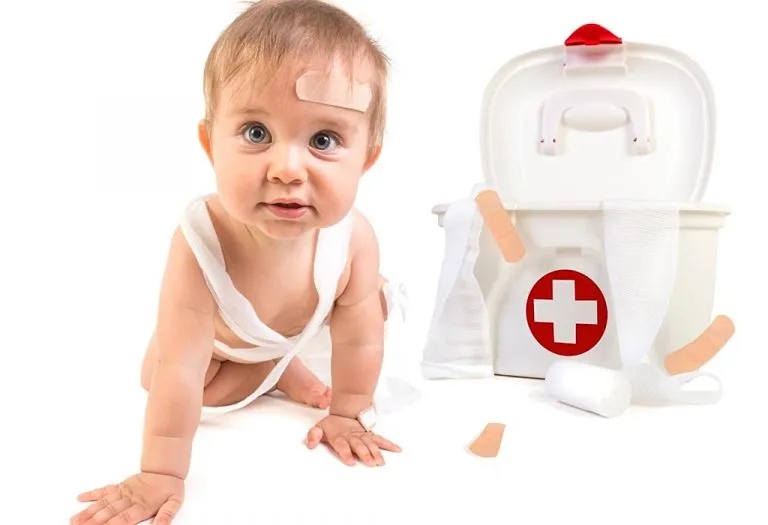
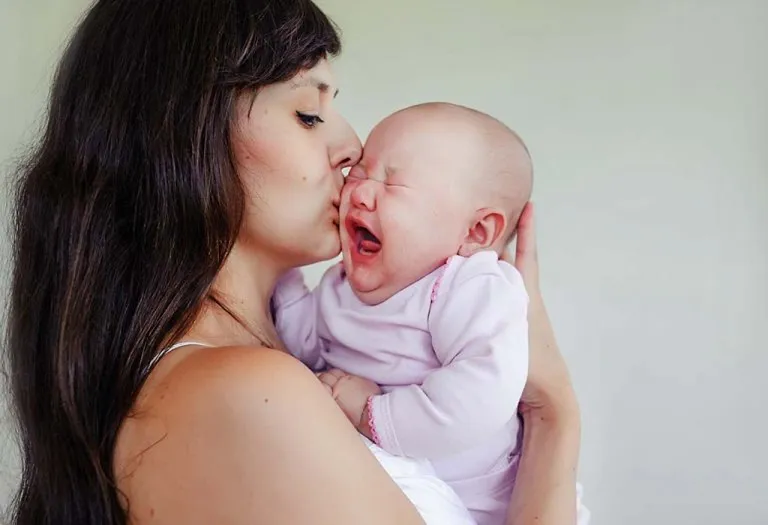
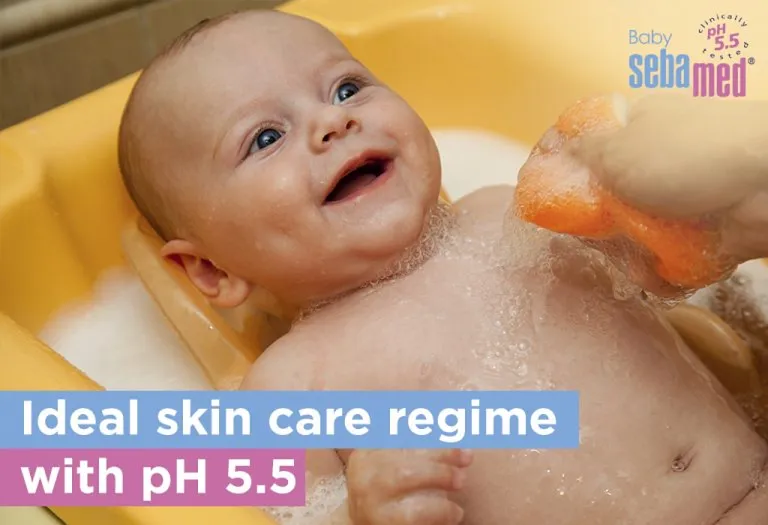
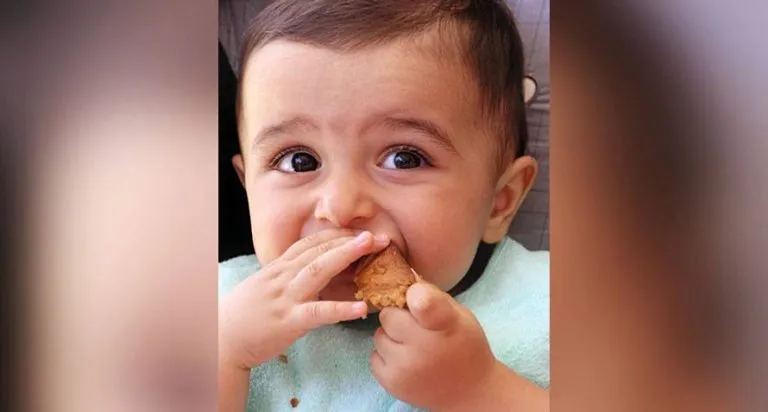
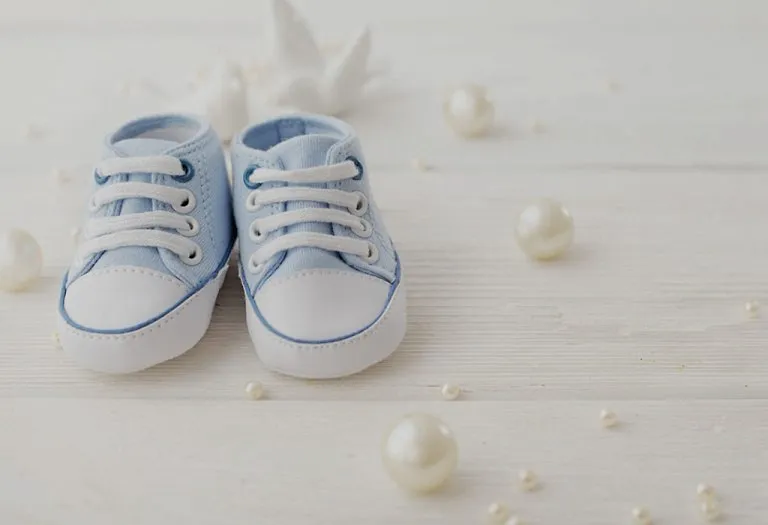

.svg)


















